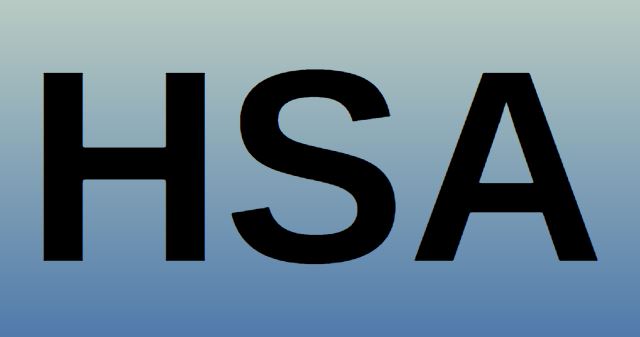Individuals covered by a qualifying high-deductible health insurance are eligible for a Health Savings Account. The Health Savings Account (HSA) can be a good tool for saving for your future healthcare needs. The money you contribute to your HSA comes from pre-tax dollars (which in turn lowers your taxable income), and you won’t pay any tax when the funds are used toward qualified medical expenses.
With the ever-increasing cost of healthcare, an HSA can be a valuable tool to set aside money now for expenses you will face in retirement. Plus, if you should change jobs or retire, your HSA moves with you.
Additionally, if you are age 55+, you are permitted to make catch-up contributions, meaning you can contribute an extra $1,000 per year, bringing your HSA contribution maximums to $4,600 for an individual and $8,200 for a family. Depending on your situation, it can be worthwhile to pay smaller medical expenses now out of pocket and allow your HSA funds to compound tax-free.
Forbes provides more information about leveraging your HSA here.

